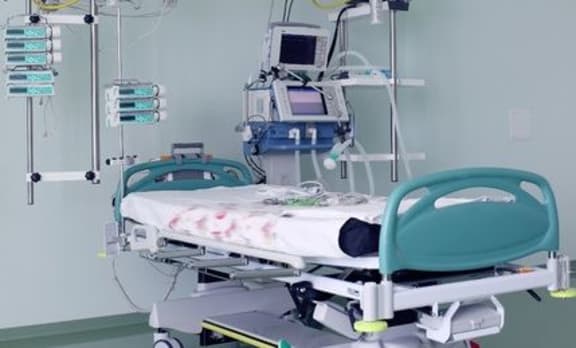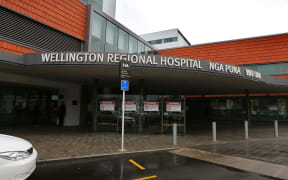The Palmerston North Hospital says a woman who became paraplegic under its care might still be walking if she had been transferred to the orthopaedic department sooner.

Photo: 123rf
The care of the woman, who became paraplegic following a number of visits to the hospital and to her doctor, has been characterised as a series of missed opportunities by the health watchdog.
Health and Disability Commissioner Anthony Hill has found a locum Emergency Department (ED) consultant at the MidCentral District Health Board (DHB) did not refer the patient, who had back pain, to orthopaedics.
Mr Hill's investigation has concluded failures in her care were mostly the fault of individual clinicians.
But he also noted there was poor organisation at the DHB, particularly between Emergency Department and the orthopaedic team.
The patient was 59 when she went to her GP with increasing thoracic back pain in 2011.
She was already living with high blood pressure, obesity, and osteoarthritis of the spine, but was still physically active.
Her GP referred her to a private sports physician, who did not look at the blood test results supplied by the GP; nor did he do a neurological examination on the woman's lower limbs.
But the sports physician did send her for a bone scan, which suggested a recent fractured vertebrae.
The woman then went back to the Emergency Department, but the ED consultant did not ask for an orthopaedic specialist to review her.
She was discharged that afternoon.
Days later the woman was back in the ED. An MRI scan was done which led to a finding which suggested she was suffering from vertebral fractures and inflammation.
A radiologist phoned that information through to the ED consultant but he did not note all of the details and in turn did not pass on all of the findings to the orthopaedic team, who he called later.
Armed with a limited amount of information, the orthopaedic registrar on call discussed the case with his superiors, including a consultant orthopaedic surgeon.
But they could not do a proper review because they were only dealing with a limited amount of information supplied by the ED consultant from the original MRI scan.
Deterioration
Later that day, the woman developed signs that she was suffering from acute paraplegia.
The patient told the house surgeon she had no sensation in both her lower limbs, from her belly button down.
Her condition deteriorated after several hours of hospital bed rest.
Another orthopaedic surgeon was called and arrangements were made for the woman to be taken urgently to another hospital better equipped to cope with trauma cases.
Mr Hill said the case was complex and tragic.
He said it highlighted the need for specialists to review and share clear and comprehensive information.
The complaint was made by the woman's daughter.
Since the case, Emergency Department house officers have been taught more about spinal injuries and get refreshers of the topic four times a year.
The locum Emergency Department consultant has given a written apology to the woman.
MidCentral DHB chief medical officer Dr Ken Clark told Checkpoint it was very likely the woman would not have become a paraplegic if she had been given the right care.
"At a number of points in the care of this woman, there were shortcomings. All sorts of steps that could and should have been taken."
Dr Clark said he could not explain why a policy on referring patients with acute back pain to the orthopaedic department had still been in draft form after two years.





